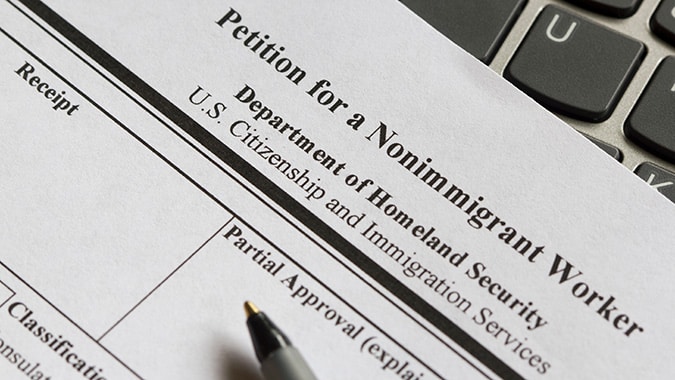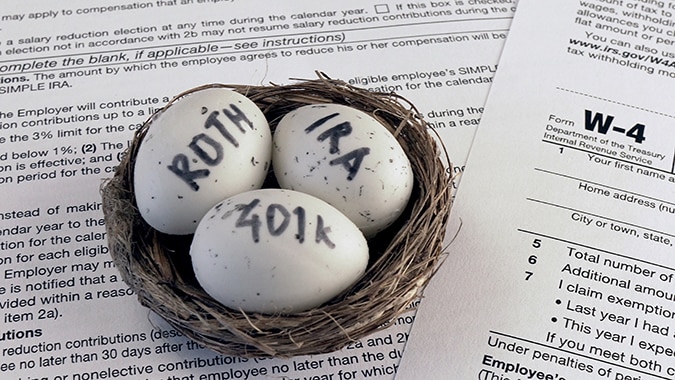To prevent the “gaming of the registration system” for H-1B visas, the federal government recently finalized a rule change it says will prevent employers from submitting multiple applications for the same foreign worker in the H-1B cap lottery system.
The U.S. Citizenship and Immigration Services says the final rule will ensure foreign nationals have an equal chance of being selected for an H-1B visa by requiring a passport or valid travel document to be submitted as a “unique identifier” for an application submitted on their behalf. Each beneficiary will then be entered into the H-1B cap lottery only once, regardless of how many applications were submitted on their behalf by potential U.S. employers.
The H-1B visa program helps employers hire highly skilled foreign professionals for a set period and is the biggest temporary work visa program in the United States. The program accepts a maximum of 65,000 H-1B visa applications annually and an additional 20,000 for workers with advanced academic degrees.
The final rule was published in the Federal Register on Feb. 2 and takes effect March 4. The initial registration period for the FY 2025 H-1B cap begins on March 6 and ends on March 22.
U.S. Citizenship and Immigration Services says duplicate applications are a big reason for the recent surge in H-1B visa petitions. As of July 31, 2023, there was a record 780,884 applications for FY 2024 – nearly three times the number of applications received for FY 2021.
According to USCIS, more than half the applications (408,891) for FY 2024 were for foreign nationals whose names were submitted multiple times, raising the possibility large firms may be submitting multiple entries for the same foreign national to increase the worker’s chance of being chosen in the H-1B lottery.
“We’re always looking for ways to bolster integrity and curtail the potential for fraud while improving and streamlining our application processes,” said USCIS Director Ur M. Jaddou in a Jan. 30 announcement about the final rule.
“The improvements in these areas should make H-1B selections more equitable for petitioners and beneficiaries and will allow for the H-1B process to be fully electronic from registration, if applicable, until final decision and transmission of approved petitions to the Department of State,” Jaddou said.
The rule also increases the registration fees significantly, but not until April 1. Consequently, this means the fee for the next registration period starting in March 2024, will remain $10.

